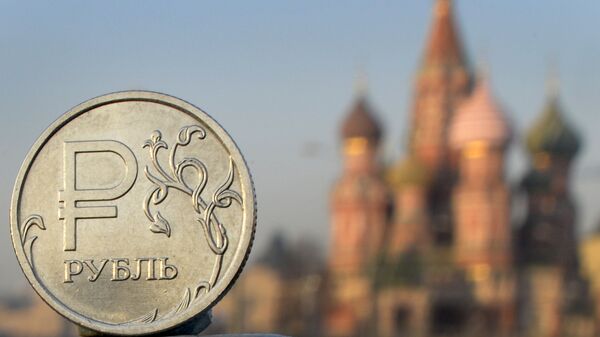"These effects [a rise in real net exports] fully materialize over 3-5 years, though most of the adjustment occurs in the first year," the report stated.
The Russian economy suffered a setback in 2014, as the ruble lost about half of its value against the dollar amid low global oil prices and Western economic sanctions imposed against Russia over the Ukrainian crisis.
As the result, Russian ruble’s exchange rate has dropped by more than 20 percent since January 2014, according to the IMF.
"However, despite the ruble’s significant adjustment towards a new lower equilibrium, there has been little response of non-energy exports," the report said.
The IMF Mission Chief Ernesto Ramirez Rigo said some sectors of Russian economy, including the agro industry, plastics and some pharmaceutical companies, have already started to see positive improvements due to the currency depreciation.



